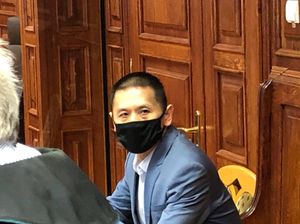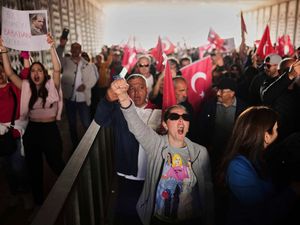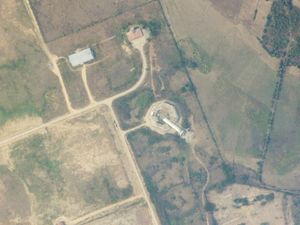Huawei executive and cybersecurity expert accused of spying for China in Poland
Weijing Wang and Piotr Durbajlo have both both pleaded not guilty.

The trial has opened in a Warsaw court of two men accused of spying for China — a Chinese citizen who is a former director of Huawei in Poland and a Polish cybersecurity expert.
The men, Weijing Wang and Piotr Durbajlo, who have both pleaded not guilty, were in court at the start of the trial on Tuesday morning.
Prosecutors requested that the trial be held in secret due to the classified nature of some of the evidence. Though Mr Wang and Mr Durbajlo objected, the court agreed, citing state interests, and journalists were asked to leave.
Mr Wang and Mr Durbajlo were arrested by Polish authorities in January 2019 and accused of spying for China under the cover of seeking business deals for China’s technology giant Huawei.
Mr Wang has been in custody since his arrest.

Mr Durbajlo, a former cybersecurity expert for government agencies including the Internal Security Agency, has been released on bail.
According to the Gazeta Wyborcza daily, the indictment is partly classified, but its public section alleges that Mr Wang is a Chinese intelligence agent and from 2011 to 2019 sought high-ranking contracts for Huawei that would give the Chinese company insight into, and influence over, Poland’s state and local administration data systems.
He studied in Poland and later served at the Chinese Consulate in Gdansk before moving over to a senior position at Huawei. He is also known by a Polish first name, Stanislaw.
The Pole is suspected of helping him establish contacts and providing him with documents.
If convicted, they face a minimum of three years in prison.
Their trial is expected to take months and there is no date yet for the final verdict.
Huawei declined to comment because the case was ongoing. It has repeatedly denied the US allegations but since the pair’s arrest, Huawei’s fortunes in Europe have tumbled because of the US campaign.
Countries such as Britain, Sweden and Bulgaria have banned Huawei equipment from their networks and others such as France say they favour homegrown rivals such as Ericsson and Nokia for security reasons.
Huawei gear, which has been effectively blocked by the US since 2012, has also been shunned by Australia, New Zealand and Japan.





